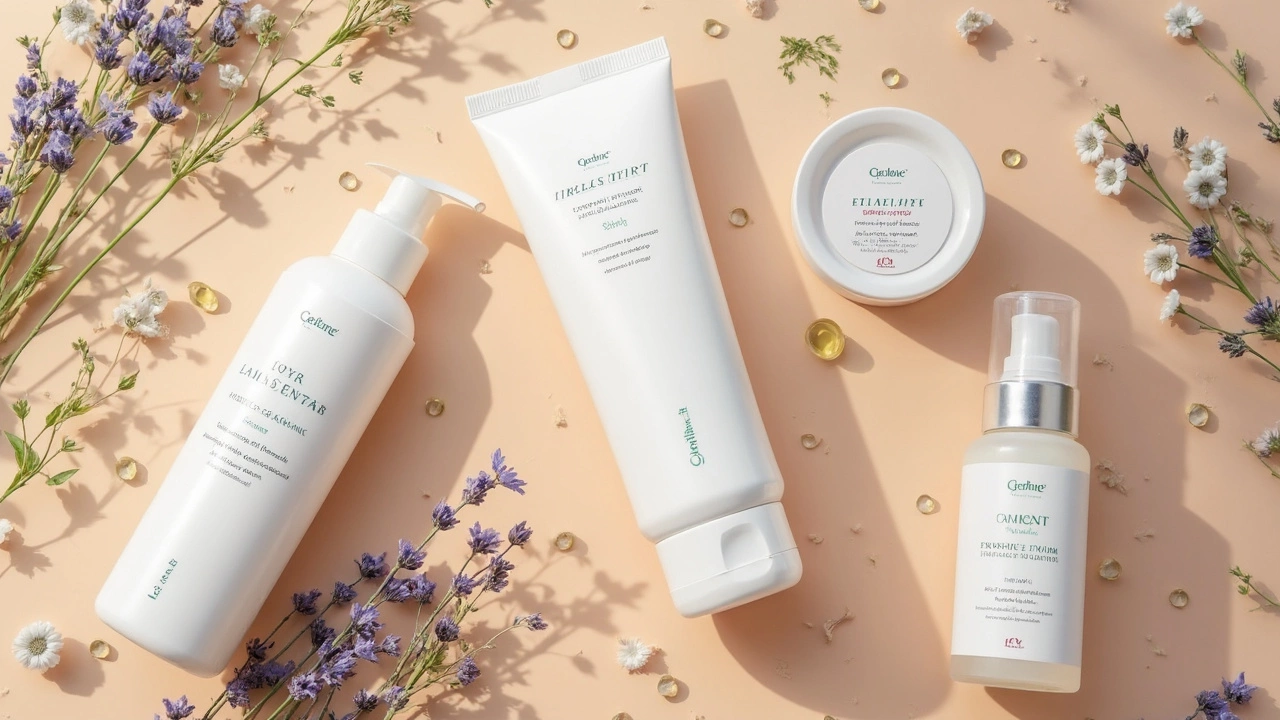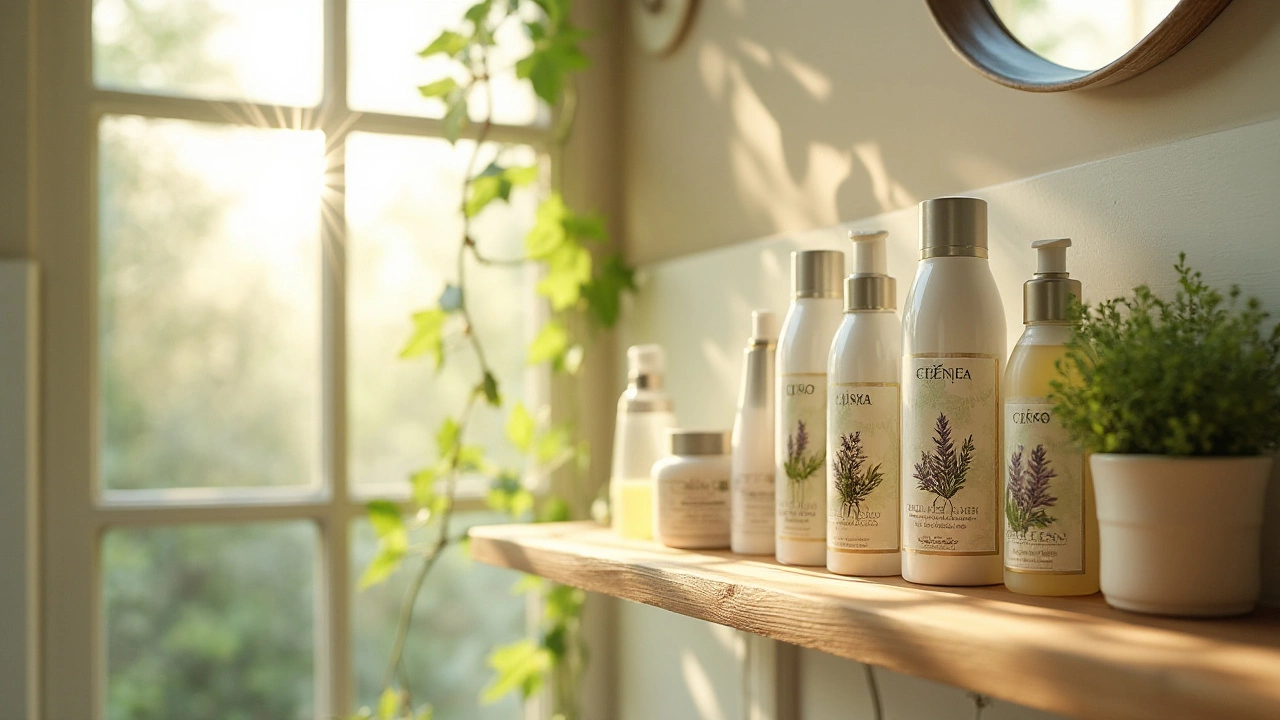Organic Skincare Made Simple: What You Need to Know
If you’ve ever wondered whether a product’s “green” label really means anything, you’re not alone. Organic skincare is more than a buzzword – it’s a way to give your skin the clean, gentle care it deserves without loading it up with harsh chemicals.
First off, organic doesn’t automatically equal effective. Some natural ingredients work wonders, while others are just filler. The trick is to know which plants, oils, and extracts actually deliver results and which are just marketing fluff.
What Makes a Skincare Product Organic?
In most countries, a product can only wear the “organic” badge if at least 95% of its plant‑based ingredients are grown without synthetic pesticides or fertilizers. Look for certifications like Soil Association, COSMOS or USDA Organic – they’re the real proof that a brand follows strict standards.
Beyond the label, check the ingredient list. If you see long, recognizable names like jojoba oil, shea butter, or green tea extract, you’re probably in safe territory. Avoid anything that hides behind a fancy‑sounding chemical name, especially if it ends in “‑phosphate” or “‑synthetic”.
How to Build an Organic Skincare Routine
Start with a gentle cleanser. A mild, non‑foaming formula with aloe or oat extracts will clean without stripping natural oils. Follow up with a toner that contains witch‑hazel or rose water to balance pH and prep the skin for the next steps.
Next comes the serum. Look for vitamin C from acerola fruit or niacinamide derived from natural sources – both help brighten and even out tone. If you’re dealing with dryness, a hyaluronic acid serum sourced from fermented plant sugars works like a charm.
Seal everything in with a moisturizer that mixes plant oils (like argan or rosehip) and butter (shea or mango). These ingredients lock in moisture and give your skin a soft, supple feel. Don’t forget sunscreen – mineral options with zinc oxide or titanium dioxide are the only truly organic UV protectors.
When you shop, stick to brands that publish full ingredient lists and have transparent sourcing policies. Brands such as True Botanicals, Pai, and Ren Skincare often make it easy to see exactly what’s inside each bottle.
If you’re on a budget, consider DIY options. A simple face mask made from mashed avocado, honey, and a splash of lemon juice can provide antioxidants and hydration without breaking the bank.
Finally, remember that your skin reacts to more than just products. Hydration, sleep, and a balanced diet rich in fruits and veggies amplify the benefits of any organic routine.
Organic skincare doesn’t have to be complicated. By focusing on certified ingredients, reading labels, and layering simple, effective products, you can keep your skin happy, healthy, and naturally radiant.







